BLACK CATTLE POPULATION DECLINES
입력 2021.02.15 (14:56)
수정 2021.02.15 (16:46)
읽어주기 기능은 크롬기반의
브라우저에서만 사용하실 수 있습니다.
[Anchor Lead]
Jeju Black Cattle, a local specialty and natural monument of Korea, used to be offered to the king in the Joseon period. But the number of this indigenous cattle breed has been in decline. Here’s a look at the problem of the shrinking black cattle population in Jeju.
[Pkg]
A black cattle farm in Jeju. According to the farmer, black cattle was a breed so valuable that it was offered to the king during the Joseon period. But things have changed drastically today. It takes more effort and money to raise them than ordinary Korean cattle as they have to be fed for six more months before they can be sold.
[Soundbite] Kang Tae-baek(Black Cattle Farmer) : "People mock me for raising black cattle instead of the lucrative hanwoo breed."
Although the Jeju black cattle was designated Korea’s Natural Monument No. 546, its number has been steadily declining. Roughly 1,300 heads of black cattle were raised in Jeju in 2020. That's 300 fewer than five years ago. In order to commercialize black cattle, the breed must be improved first. But the number of the original black cattle species needed for the research has been halved. Crisis deepens as the number of black cattle farmers dwindles. Still, no substantial measures formulated yet. To facilitate the breed’s industrialization, the Jeju government revised all the ordinances associated with the black cattle. This is happening 12 long years after they were legislated. According to the revised ordinances, a five-year plan has to be designed to promote the Jeju black cattle breed. But no detailed plans yet.
[Soundbite] Kim Dae-cheol(Head, Jeju Livestock Promotion Institute) : "There are some shortcomings in the breed’s commercialization. But we will work to commercialize the breed by setting up comprehensive measures on Jeju Black Cattle this year."
The Jeju black cattle industrialization project has been stalling for more than a decade. To ensure this unique breed can secure a place in the Korean livestock industry, substantial assistance to the project is urgently needed.
Jeju Black Cattle, a local specialty and natural monument of Korea, used to be offered to the king in the Joseon period. But the number of this indigenous cattle breed has been in decline. Here’s a look at the problem of the shrinking black cattle population in Jeju.
[Pkg]
A black cattle farm in Jeju. According to the farmer, black cattle was a breed so valuable that it was offered to the king during the Joseon period. But things have changed drastically today. It takes more effort and money to raise them than ordinary Korean cattle as they have to be fed for six more months before they can be sold.
[Soundbite] Kang Tae-baek(Black Cattle Farmer) : "People mock me for raising black cattle instead of the lucrative hanwoo breed."
Although the Jeju black cattle was designated Korea’s Natural Monument No. 546, its number has been steadily declining. Roughly 1,300 heads of black cattle were raised in Jeju in 2020. That's 300 fewer than five years ago. In order to commercialize black cattle, the breed must be improved first. But the number of the original black cattle species needed for the research has been halved. Crisis deepens as the number of black cattle farmers dwindles. Still, no substantial measures formulated yet. To facilitate the breed’s industrialization, the Jeju government revised all the ordinances associated with the black cattle. This is happening 12 long years after they were legislated. According to the revised ordinances, a five-year plan has to be designed to promote the Jeju black cattle breed. But no detailed plans yet.
[Soundbite] Kim Dae-cheol(Head, Jeju Livestock Promotion Institute) : "There are some shortcomings in the breed’s commercialization. But we will work to commercialize the breed by setting up comprehensive measures on Jeju Black Cattle this year."
The Jeju black cattle industrialization project has been stalling for more than a decade. To ensure this unique breed can secure a place in the Korean livestock industry, substantial assistance to the project is urgently needed.
■ 제보하기
▷ 카카오톡 : 'KBS제보' 검색, 채널 추가
▷ 전화 : 02-781-1234, 4444
▷ 이메일 : kbs1234@kbs.co.kr
▷ 유튜브, 네이버, 카카오에서도 KBS뉴스를 구독해주세요!
- BLACK CATTLE POPULATION DECLINES
-
- 입력 2021-02-15 14:56:42
- 수정2021-02-15 16:46:43
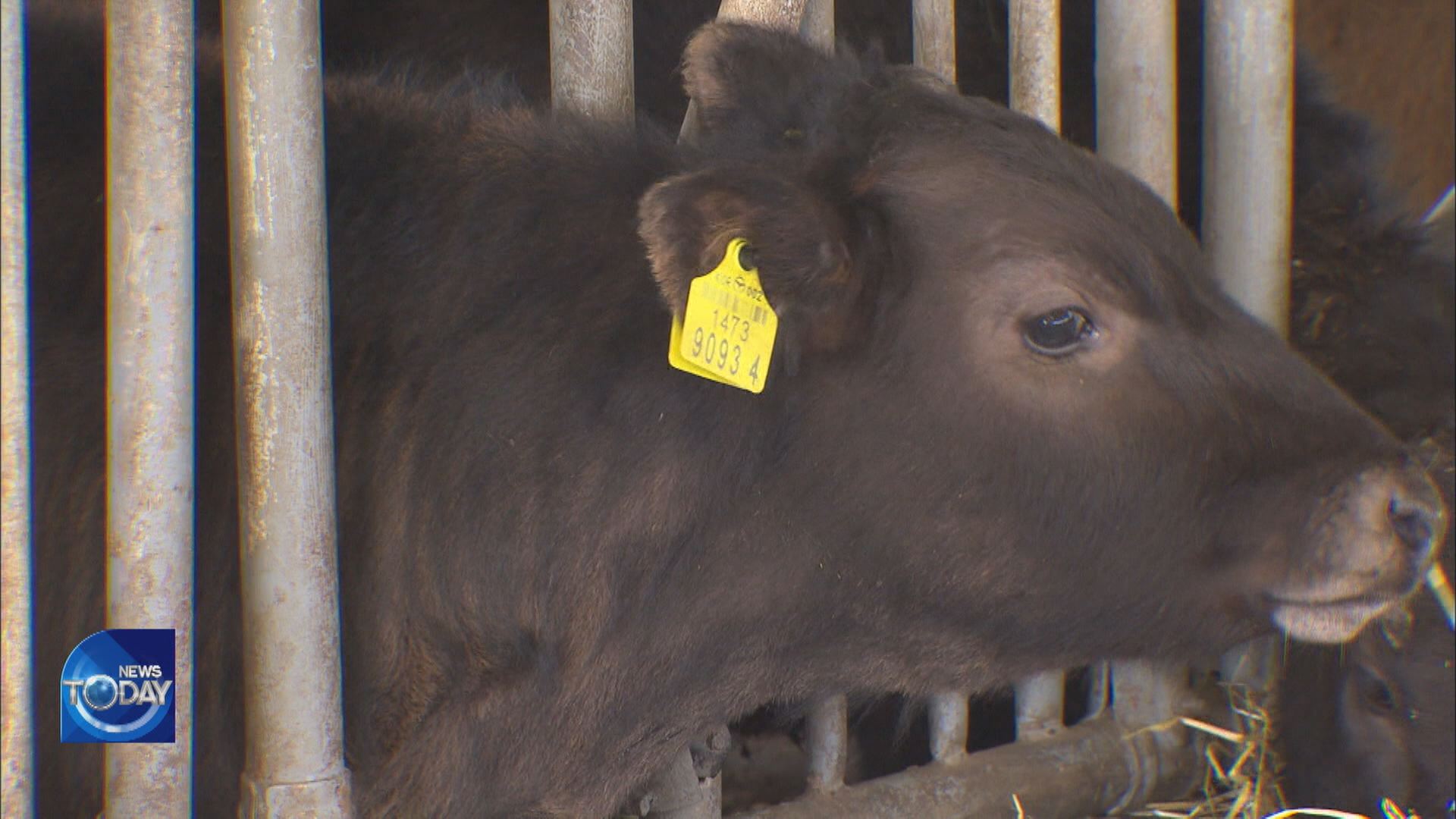
[Anchor Lead]
Jeju Black Cattle, a local specialty and natural monument of Korea, used to be offered to the king in the Joseon period. But the number of this indigenous cattle breed has been in decline. Here’s a look at the problem of the shrinking black cattle population in Jeju.
[Pkg]
A black cattle farm in Jeju. According to the farmer, black cattle was a breed so valuable that it was offered to the king during the Joseon period. But things have changed drastically today. It takes more effort and money to raise them than ordinary Korean cattle as they have to be fed for six more months before they can be sold.
[Soundbite] Kang Tae-baek(Black Cattle Farmer) : "People mock me for raising black cattle instead of the lucrative hanwoo breed."
Although the Jeju black cattle was designated Korea’s Natural Monument No. 546, its number has been steadily declining. Roughly 1,300 heads of black cattle were raised in Jeju in 2020. That's 300 fewer than five years ago. In order to commercialize black cattle, the breed must be improved first. But the number of the original black cattle species needed for the research has been halved. Crisis deepens as the number of black cattle farmers dwindles. Still, no substantial measures formulated yet. To facilitate the breed’s industrialization, the Jeju government revised all the ordinances associated with the black cattle. This is happening 12 long years after they were legislated. According to the revised ordinances, a five-year plan has to be designed to promote the Jeju black cattle breed. But no detailed plans yet.
[Soundbite] Kim Dae-cheol(Head, Jeju Livestock Promotion Institute) : "There are some shortcomings in the breed’s commercialization. But we will work to commercialize the breed by setting up comprehensive measures on Jeju Black Cattle this year."
The Jeju black cattle industrialization project has been stalling for more than a decade. To ensure this unique breed can secure a place in the Korean livestock industry, substantial assistance to the project is urgently needed.
Jeju Black Cattle, a local specialty and natural monument of Korea, used to be offered to the king in the Joseon period. But the number of this indigenous cattle breed has been in decline. Here’s a look at the problem of the shrinking black cattle population in Jeju.
[Pkg]
A black cattle farm in Jeju. According to the farmer, black cattle was a breed so valuable that it was offered to the king during the Joseon period. But things have changed drastically today. It takes more effort and money to raise them than ordinary Korean cattle as they have to be fed for six more months before they can be sold.
[Soundbite] Kang Tae-baek(Black Cattle Farmer) : "People mock me for raising black cattle instead of the lucrative hanwoo breed."
Although the Jeju black cattle was designated Korea’s Natural Monument No. 546, its number has been steadily declining. Roughly 1,300 heads of black cattle were raised in Jeju in 2020. That's 300 fewer than five years ago. In order to commercialize black cattle, the breed must be improved first. But the number of the original black cattle species needed for the research has been halved. Crisis deepens as the number of black cattle farmers dwindles. Still, no substantial measures formulated yet. To facilitate the breed’s industrialization, the Jeju government revised all the ordinances associated with the black cattle. This is happening 12 long years after they were legislated. According to the revised ordinances, a five-year plan has to be designed to promote the Jeju black cattle breed. But no detailed plans yet.
[Soundbite] Kim Dae-cheol(Head, Jeju Livestock Promotion Institute) : "There are some shortcomings in the breed’s commercialization. But we will work to commercialize the breed by setting up comprehensive measures on Jeju Black Cattle this year."
The Jeju black cattle industrialization project has been stalling for more than a decade. To ensure this unique breed can secure a place in the Korean livestock industry, substantial assistance to the project is urgently needed.
이 기사가 좋으셨다면
-
좋아요
0
-
응원해요
0
-
후속 원해요
0










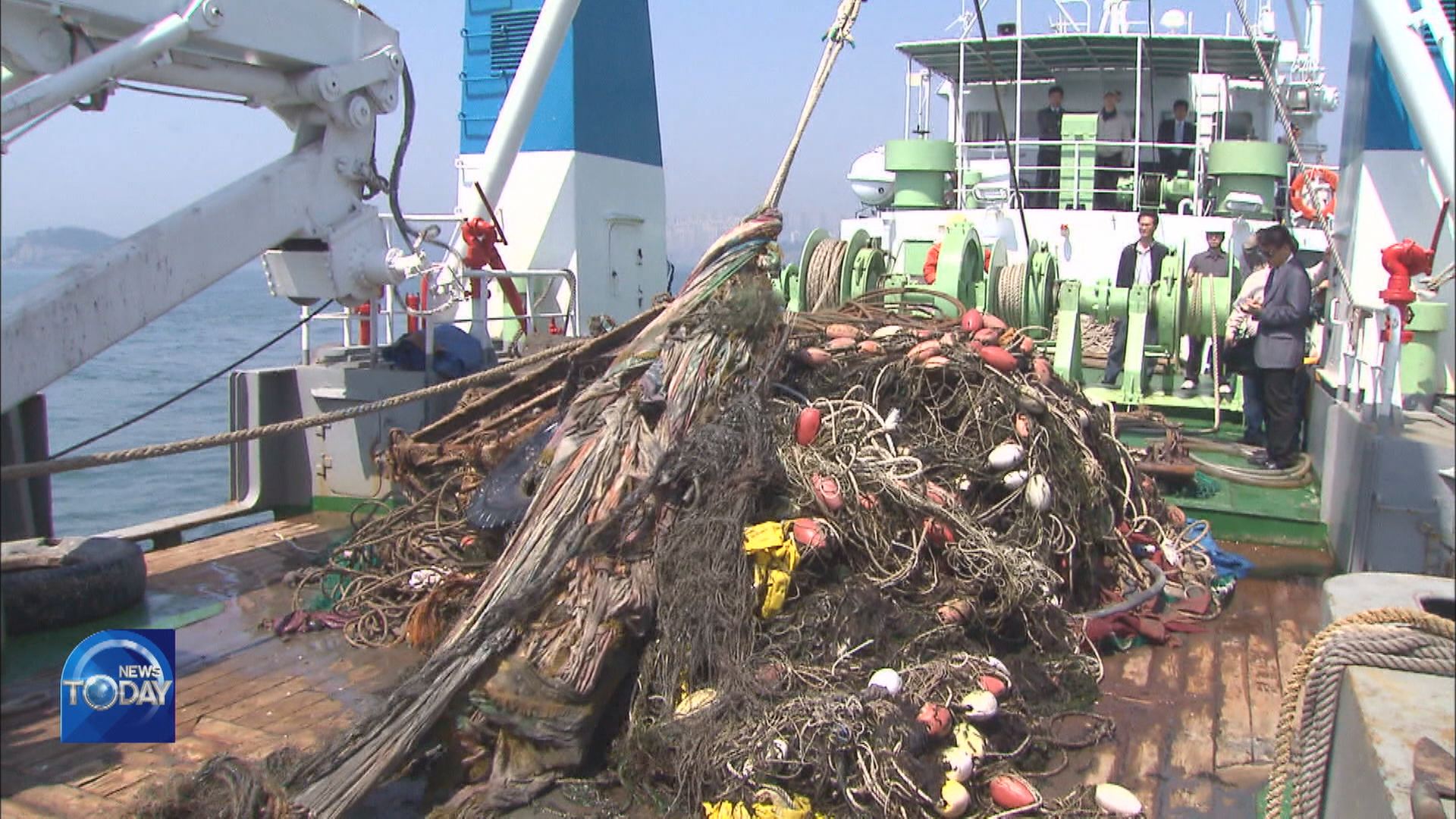
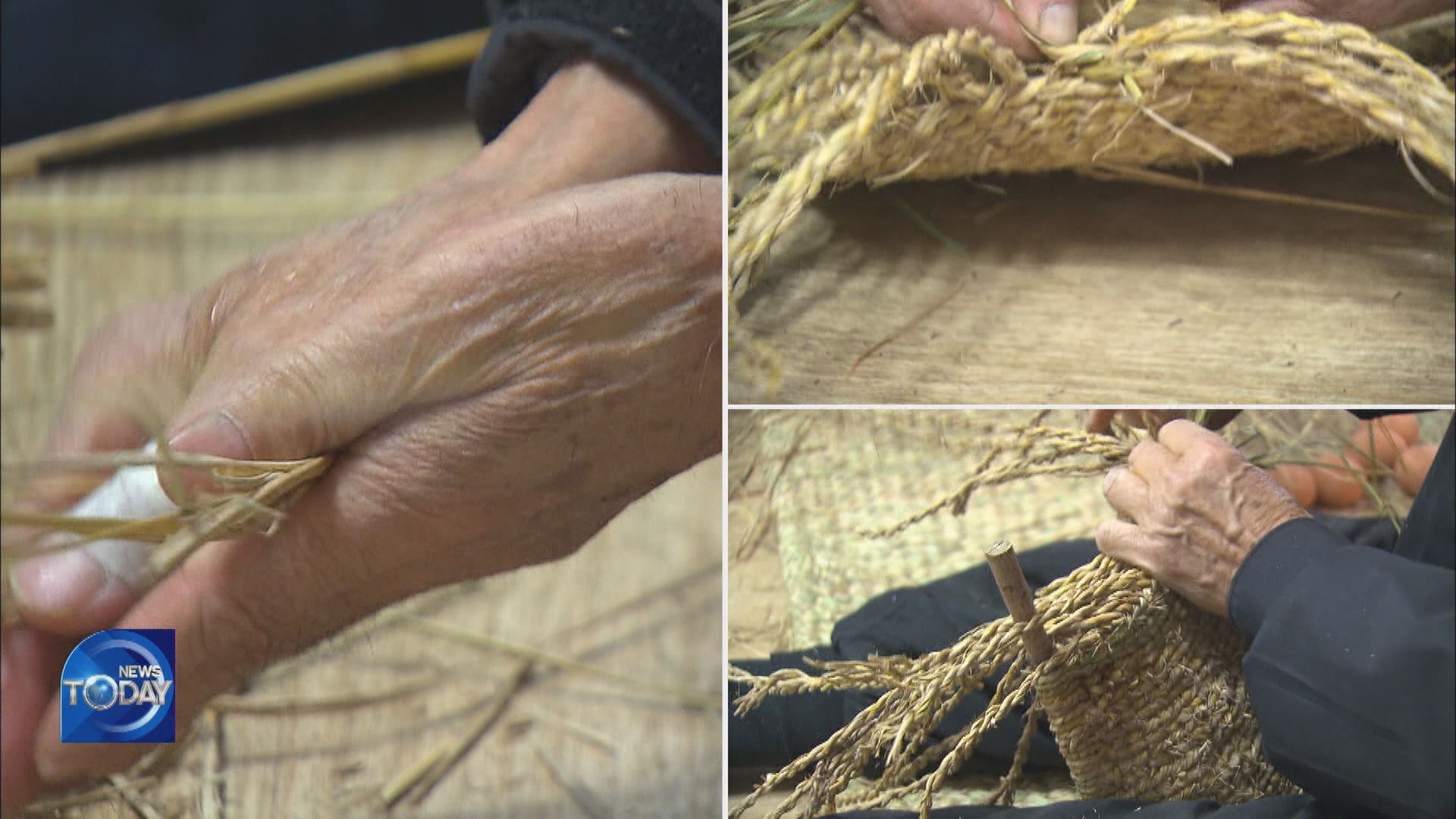


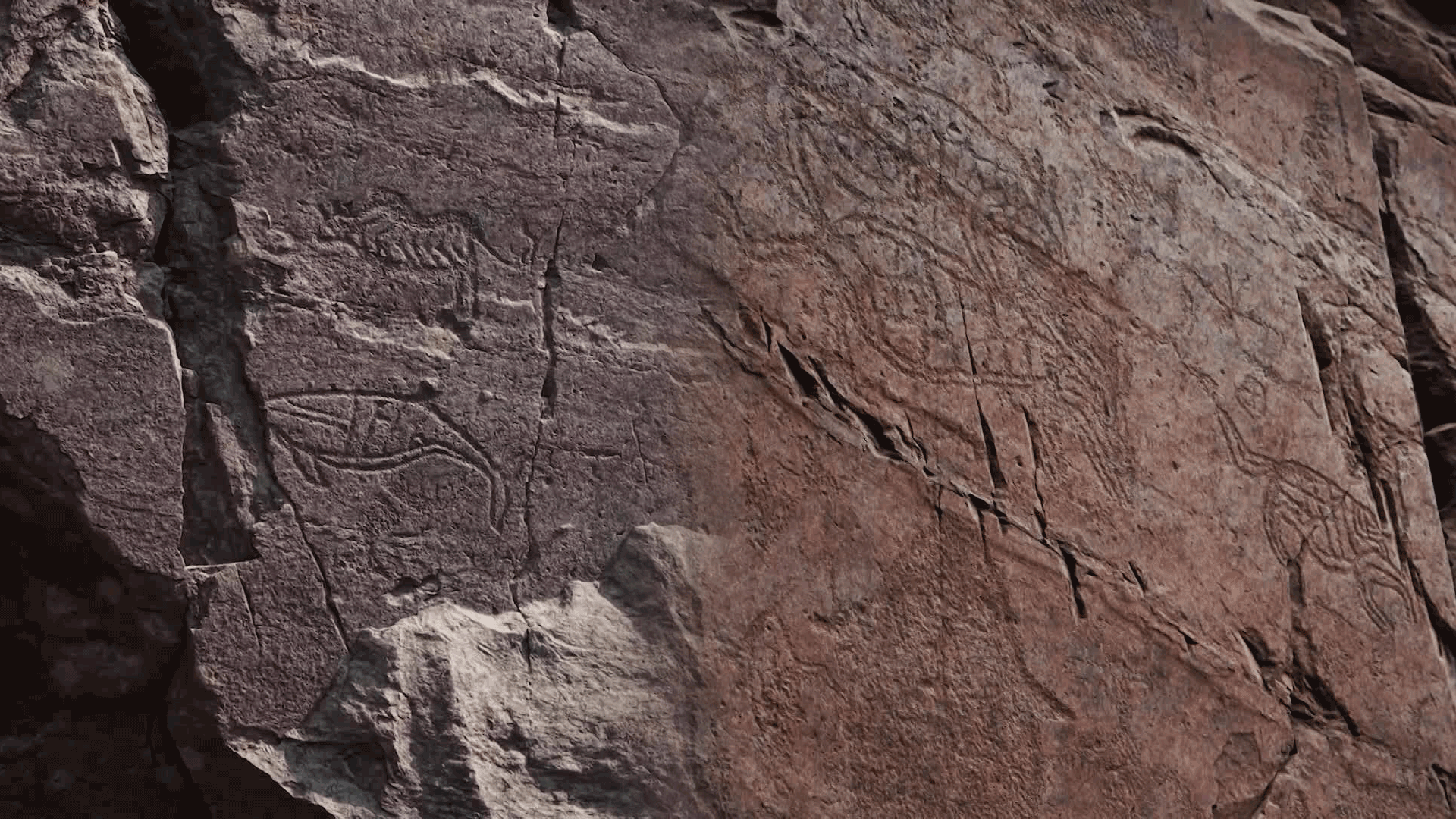
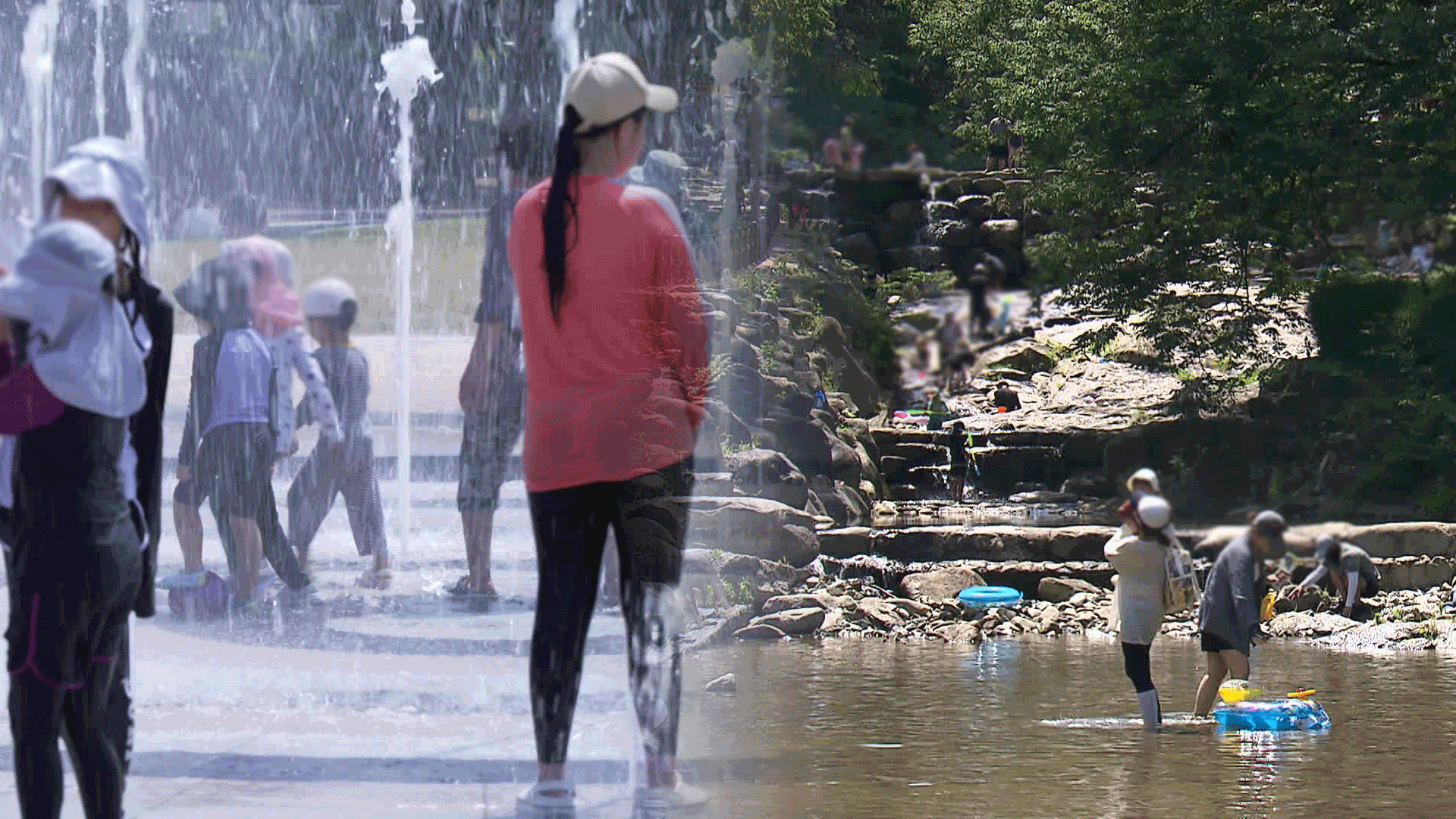

이 기사에 대한 의견을 남겨주세요.